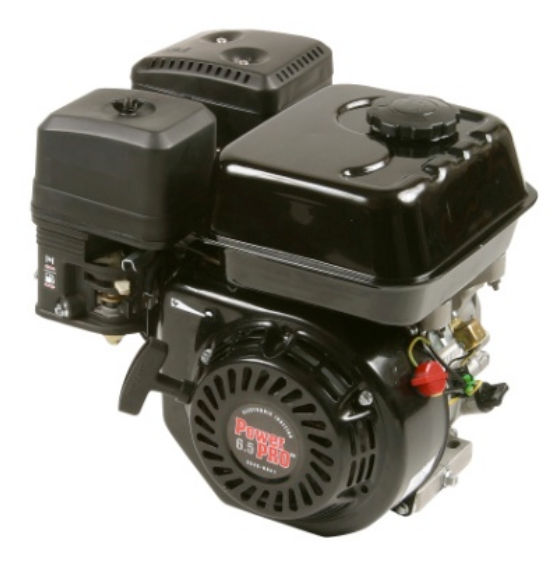When we look at these vehicles from a distance, it is easy to think that both diesel and gas engines work similarly. Fuel is essential made from crude oil that is already refined. The fuel is mixed with air into a volatile vapour. When it explodes inside the cylinder, the gas that expands hotly will force the movement of the piston. This mechanical force can be transferred to crankshaft, transmission and eventually wheels. However, not all engines are made the same. We could see differences in inner workings, shape, dimension, fuel consumption, horsepower and many others. Gasoline engine is equipped with spark plugs and high voltage wiring for ignition. On the other hand, diesel engines don’t need this. Spark plugs are not needed, the fuel vapour can be compressed until it explodes without the presence of spark.
Another unique thing about gasoline engine is that the fuel vapour is brought into the cylinder through the fuel injection nozzles or carburettor. The cylinder sucks the vapour and it explodes in the right moment. On the other hand, cylinders in diesel engine suck vapour and at specific pressure, the vapour will be hot enough and explosion takes place. The high pressure nozzles inject fuel vapour directly into the cylinder. Due to the excessively high temperature, the vapour will ignite. In general, gasoline engine burns fuel more efficiently and the exhaust gas is less noxious than diesel engines. However, diesel engines are known for their better mileage, but there’s another drawback. Diesel engines can be somewhat difficult to start in freezing and cold weather.
In order to deal with the cold start situations, diesel engines often have glow plugs. The accumulator has electrical power that can heat up the glow plugs. So, when the engine starts, the plugs will glow hotly and this will increase the overall temperature inside the cylinder. The process should be relatively fast and it takes only a few seconds for the cylinder to reach proper temperature. Once the cyclical operations of the engines are sustained, glow plugs are no longer needed. The next morning, when the cylinders are cold, the glow plugs will work the same way again. Without this simple solution, it would be a real nuisance trying to start a cold diesel engine. There are different other differences between diesel and gasoline engines.
Gasoline engines are quieter and they could deliver higher top speed and better acceleration. Spark plugs are needed to light up the fuel vapour and ignition system is needed. Gasoline engines are usually less sturdy and break down faster. Gasoline is readily available in many areas, compared to diesel fuel.
Diesel engines are loud, our diesel car may actually sound like agricultural machine or big truck. Diesel engines have mediocre acceleration, but cars with turbocharger could have improved acceleration. The top speeds are lower, but still much higher than the legal speed limit; so this won’t be an issue. Diesel engines are robust and simple, with better reliability. One bad thing about diesel engine is that the emission of dark smoke. However, conversion to greener, bio-fuel is easier to do.
























